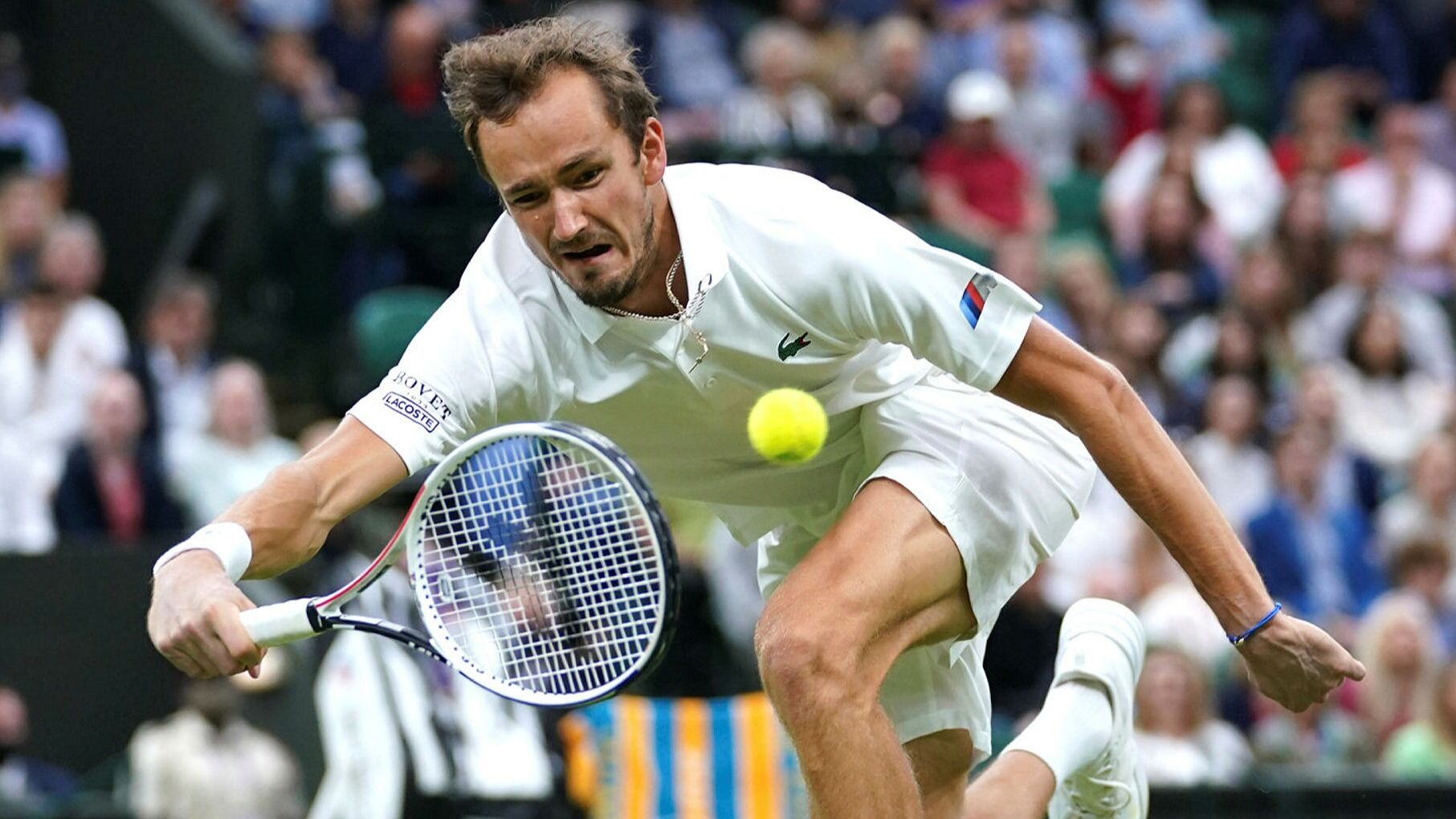Hollow restrictions?

Wimbledon's restrictions on entries from Russian and Belarusian players — announced on Wednesday — for the 2022 edition of the tournament may have come as a shocker to many while for others it is just a continuation of a series of sanctions and bans imposed upon athletes from the two countries over the past couple of months. All-England Club — the organizing body — aims at stopping the Russian government from making "any benefits from the involvement of Russian or Belarusian players with The Championships". The ban is a form of punitive action — directed as much towards individual sportspersons of a particular nationality, as towards the Russian establishment. There could be no denying that the Russian establishment deserves condemnation, but should sport be used as a symbolic weapon to penalize players who might not be at fault? The ban may take a toll on the sporting careers of a few brightest sportspersons without having much impact on Russian establishment. This forces one to perceive the Wimbledon ban as an act of retribution against convenient entities, and not as punishment to the real forces that are behind the Ukrainian conundrum. One can also not ignore the consideration of who is calling the shots in the present scheme of things. Just a month ago, British Sports minister Nigel Huddleston commanded that the Russian players confess that "they were not supporters of Vladimir Putin", as a precondition to participation in the Wimbledon. Conceding to this demand, one would agree, could have serious threat implications on the Russian athletes on their own land. Nevertheless, some ace Russian tennis stars did call for peace publicly. The British minister's forceful demand to garner condemnation against Vladmir Putin appears to be overreaching. And now, as things are unfolding as per the British government's standpoint, one cannot stop drawing a link between Wimbledon's action and government's will. Does this mean that the British government is calling the shots through Wimbledon? The possibility cannot be ruled out completely. This does not go well with the towering repute of Wimbledon — one of the four premiere majors of the tennis world. Notably, the Association of Tennis Professionals (ATP) and the Women's Tennis Association (WTA) have termed Wimbledon's action as a violation of the agreement in which a player's entry is based on ranking and not nationality. In fact, it is the dissociation of individual tennis players from their nationality — particularly in the four Grand Slams — that sets tennis apart from other sports. Tennis somewhat enjoys a distinction wherein names like Federer, Serena Williams, Djokovic etc. far outweigh the nationality factor. The four Grand Slams purely count on the merit of individual sportspersons. In mixed doubles, we witness players of varying nationality coming together on the court. In attempting to isolate a national government at fault, what Wimbledon has done is to deny the space for individual talents who have taken the name of tennis to great heights — more than that of the nations they belong to! The Wimbledon ban stands in sharp contrast to several other bans — including the one by World Athletics in March this year in which Russian athletes were restricted. Participation was also cut short in high-profile sporting events like FIFA and Davis Cup. However, none of the previous bans had been as much an attack on individual competence as the present one is. Sport had, hardly in the history, been desolate from politics. There are glorious examples from the past where the sporting community exercised bans and boycotts in an organized manner to counter evils like apartheid and bring about changes at ground level. Sport not just represents professionalism; it also comes with lofty ethics. In no manner, sport can be kept in isolation with politics and society but, at the same time, it can also not be allowed to turn into a political weapon. In the case of Wimbledon ban, none can doubt the gravity of the cause. However, the critical question is who is being allowed to call the shots. One must also weigh on the positive and negative impacts of the ban on the integrity of Wimbledon and the war situation on the ground.



